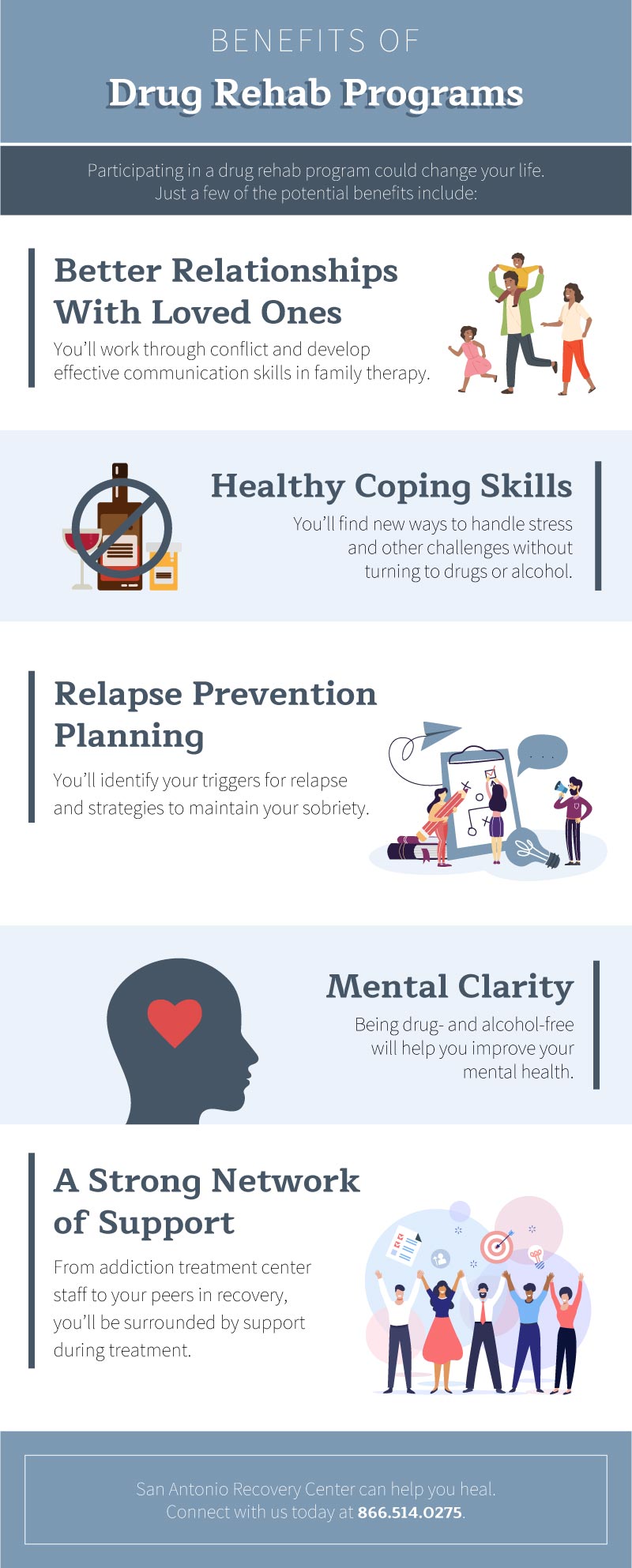Navigating the Journey of Cleansing in the Comprehensive Dependency Treatment Program
Starting the path of detoxing within the framework of a comprehensive dependency treatment program is a critical stage in the journey in the direction of recovery. The procedure of cleansing holds a significant duty in damaging the physical reliance on compounds and preparing the person for the succeeding phases of therapy. Nonetheless, navigating through detoxification is not simply a matter of physical cleaning; it involves an intricate interplay of psychological, psychological, and social aspects that require cautious factor to consider and support. As individuals face the difficulties of withdrawal symptoms and the uncertainties that lie in advance, having a structured plan and a durable assistance system in position ends up being extremely important. In this conversation, we will check out the multifaceted facets of cleansing within the comprehensive addiction therapy program and clarified the crucial elements that form this transformative trip in the direction of healing.
Importance of Detoxification in Recovery

Cleansing establishes the structure for the rest of the dependency treatment program by preparing the individual for further treatment and therapy. By cleansing the body of materials that have actually been clouding judgment and impacting behavior, detox allows people to approach their recovery with a more clear mind and stronger focus.
In addition, detoxing assists in handling the potentially serious withdrawal signs that might arise when drug or alcohol usage is quit. Medical professionals very closely keep an eye on people throughout detoxification to ensure their safety and security and offer required support. With this process, people can begin their trip towards soberness with a supported psychological and physical state, boosting the chance of an effective recuperation.
Recognizing the Detox Refine
Detoxification, a basic part of dependency therapy programs, entails an organized process aimed at securely eliminating hazardous compounds from the body to facilitate a successful recovery trip. The detox procedure usually begins with an evaluation to examine the person's substance usage history, physical health and wellness, and psychological well-being. This analysis aids medical care experts establish one of the most appropriate detox plan tailored to the individual's demands.
Throughout detox, the body undergoes withdrawal as it gets used to the absence of the compound. Withdrawal signs differ relying on the type of material used, the period of usage, and individual aspects. Clinical supervision during detoxification is important to manage withdrawal signs and ensure the person's security and comfort.

Taking Care Of Withdrawal Signs

Medicines may be utilized to reduce details withdrawal webpage symptoms and lower discomfort. Medications like methadone or buprenorphine can help take care of opioid withdrawal signs and symptoms, while benzodiazepines might be used for alcohol withdrawal. It is essential for healthcare providers to see this page thoroughly check the individual's reaction to these medications to guarantee their safety and security and performance.
Along with pharmacological treatments, supportive treatments such as therapy, peer assistance groups, and alternative practices like mindfulness reflection or yoga can aid people manage the emotional and mental challenges of withdrawal. By dealing with withdrawal signs adequately, doctor can enhance the detoxing experience and support individuals on their journey Click This Link to recuperation.

Assistance Systems During Detox
Support group play an important duty in offering social and psychological help to individuals undertaking cleansing in dependency treatment programs. During the detox process, individuals frequently experience a series of psychological and physical withdrawal signs, making this phase difficult - Addiction Treatment Center. Having a solid support system in place can dramatically influence the person's capacity to navigate through detoxification successfully
Relative, close friends, assistance groups, and health care professionals are vital elements of the support group. Family participants and close friends can provide encouragement, understanding, and a sense of belonging during this challenging time. Support system give a system for individuals to get in touch with others who are experiencing comparable experiences, supplying a feeling of community and shared understanding. Health care specialists, including therapists, physicians, and therapists, play an essential duty in checking the person's progression, supplying clinical assistance, and using advice throughout the detoxification process.
Looking Ahead: Life After Detox
Having actually efficiently finished the cleansing phase, individuals in addiction treatment programs currently concentrate on planning for the obstacles and opportunities that exist ahead in their journey in the direction of recovery. Life after detoxification marks an essential shift duration where people should continue to improve the development made throughout detox to keep their sobriety. It is crucial for individuals to acknowledge that the journey in the direction of healing is recurring and needs dedication, dedication, and a determination to accept adjustment.
One key element of life after detox is the advancement of coping systems to handle triggers and desires that may emerge. This might include discovering new abilities, such as mindfulness practices, cognitive-behavioral strategies, and stress and anxiety administration approaches, to browse challenging circumstances without turning to compound usage. Furthermore, individuals are encouraged to proactively involve in ongoing treatment, support system, and aftercare programs to strengthen their support network and get guidance as they navigate the complexities of life post-detox.
Verdict
In verdict, detoxification is a vital component of the comprehensive addiction therapy program. Recognizing the detox procedure and managing withdrawal signs are essential steps in the direction of recovery. Support systems play a considerable function throughout this tough journey. Addiction Treatment Center. Looking ahead, life after detox holds promise for a much healthier, substance-free future. It is essential to acknowledge the relevance of detoxification in the procedure of getting over dependency and moving in the direction of a life of soberness.
Medical supervision during detox is critical to take care of withdrawal signs and symptoms and ensure the individual's security and comfort.
By comprehending the detoxification process and its significance in breaking the cycle of addiction, people can begin on a path towards lasting healing.
During the detox procedure, people typically experience a range of emotional and physical withdrawal signs, making this stage challenging. Health care experts, consisting of therapists, therapists, and medical professionals, play a critical duty in keeping an eye on the individual's progress, giving clinical support, and supplying assistance throughout the detox process.
Life after detoxification notes a critical change period where people should continue to construct on the development made throughout detoxification to preserve their soberness.